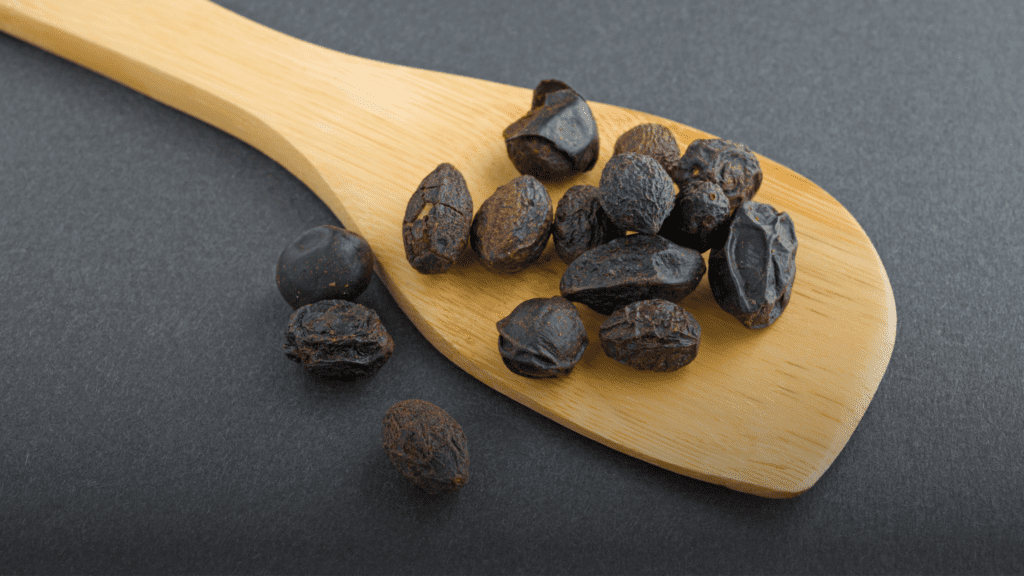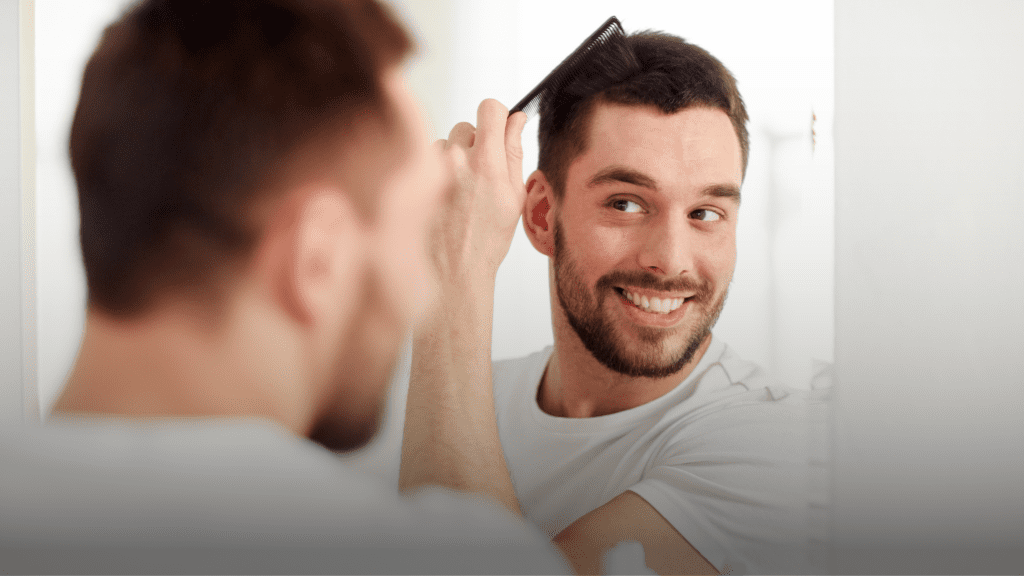
Hair loss is a common issue affecting a significant majority of men by the time they reach 60. This widespread concern has sparked immense interest in effective remedies. However, the variability in causes and responses to treatment makes finding a one-size-fits-all solution challenging. In this expanded article, we’ll delve into the various hair loss remedies available today, supported by recent research, and provide insights into their effectiveness based on scientific studies and expert opinions.
Hair Loss: Causes and Current Treatments
-
Genetic Factors and Hormonal Influences:
- DHT (Dihydrotestosterone) contributes significantly to male pattern baldness by shrinking hair follicles and altering the hair growth cycle.
- Genetic predisposition is a major determinant in the potential severity and pattern of hair loss.
-
Impact of Lifestyle:
- Chronic stress can exacerbate hair thinning by impacting hormone levels and nutrient absorption.
- Poor diet lacking in essential nutrients like proteins, vitamins, and minerals can lead to weaker hair growth.
- Regular exercise enhances scalp health by improving blood circulation and reducing stress levels.
-
Review of Medical Treatments:
- Minoxidil (Rogaine): A topical treatment proven to help regrow hair or slow hair loss when applied consistently.
- Finasteride (Propecia): An oral medication that reduces DHT levels, effectively slowing down or reversing hair loss caused by hormonal factors.
- Both treatments are FDA-approved and have shown best results when used early in the hair loss process.
Natural Remedies: Do They Really Work?
-
Scalp Massage for Blood Flow:
- Scalp massage is believed to increase blood circulation to the hair follicles, potentially promoting hair growth by delivering more nutrients and oxygen to the scalp.
- Several studies suggest that regular scalp massages may lead to thicker hair by stretching the cells of hair follicles, stimulating them to produce thicker hair.
- Additionally, scalp massage is thought to reduce stress, a known contributor to hair loss, thereby indirectly benefiting hair health.
-
Saw Palmetto:
- Saw palmetto is a natural remedy often used as an alternative to medical treatments for hair loss. It works by inhibiting the enzyme 5-alpha-reductase, which is involved in converting testosterone into DHT, the hormone responsible for hair loss.
- Comparative studies have shown that saw palmetto may be as effective as finasteride in treating hair loss without some of the potential side effects associated with synthetic drugs.
- Saw palmetto is available in various forms, including supplements and topical solutions, making it accessible for those looking for natural hair loss treatments.
-
The Role of Zinc:
- Zinc plays a crucial role in hair tissue growth and repair. It helps keep the oil glands around the follicles working properly, thereby supporting hair growth.
- Research indicates that zinc supplementation can reverse the effects of hair loss caused by zinc deficiency. However, excessive zinc intake can also lead to hair loss, making it important to balance zinc levels.
- Studies have also explored zinc’s role in protein synthesis and cell division, essential processes for hair follicle health and hair growth, suggesting that maintaining adequate zinc levels is key for preventing and treating hair loss.

The Power of Nutrition in Combating Hair Loss
-
Vitamin B Complex:
- Niacin (Vitamin B3): Enhances scalp circulation and increases the flow of nutrients to the hair follicles, promoting healthier, stronger hair.
- Pantothenic Acid (Vitamin B5): Helps strengthen hair follicles and their cells, allowing them to function optimally. Also, helps to prevent scalp irritation and hair loss.
- Pyridoxine (Vitamin B6): Crucial for protein metabolism and thus plays a significant role in the growth of new hair cells. It also helps in melanin production, the pigment responsible for hair color.
- Biotin (Vitamin B7): One of the most well-known vitamins for hair growth, it aids in the production of keratin, the primary protein that makes up hair, skin, and nails.
- Folic Acid (Vitamin B9): Important for healthy cell growth, including the cells found in hair follicles. It can help prevent premature hair graying and hair loss.
- Inositol (Vitamin Bh): Often considered a pseudovitamin, inositol is associated with proper cell membrane health; it helps in maintaining moisture balance in the cells, which can improve hair vitality and resilience.
- Research has shown that deficiencies in these B vitamins can lead to weaker hair follicle cells and inhibited hair growth, which is why supplementation can often help strengthen hair and promote more rapid growth.
-
Antioxidant Vitamins C and E:
- Vitamin C: A powerful antioxidant that helps protect against the oxidative stress caused by free radicals. Additionally, vitamin C is vital for collagen production, an important protein for hair structure and strength.
- Vitamin E: Known for its ability to enhance blood circulation to the scalp, which helps to nourish the hair follicles and encourage healthy hair growth. Vitamin E also offers additional antioxidant benefits to maintain hair integrity.
- Recent studies have linked these vitamins not only to improved hair health and growth but also to a reduction in age-related hair loss and greying, suggesting their importance in a hair care regimen.
Together, these vitamins form a crucial component of a comprehensive approach to combating hair loss and enhancing hair regeneration.
Comprehensive Research Section
-
Recent Studies:
- 2023 Journal of Dermatological Science Study:
- This study focused on the effectiveness of a combined treatment regimen including topical minoxidil and dietary supplements enriched with saw palmetto.
- Participants who used both treatments saw a 25% increase in hair density compared to those in control groups who did not use these combined treatments.
- The study spanned 12 months, providing substantial evidence of the long-term benefits of integrating both pharmaceutical and herbal remedies in hair loss treatments.
- It also highlighted that the synergy between minoxidil and saw palmetto could be a promising alternative for those seeking less aggressive, more natural forms of treatment alongside traditional medications.
- 2023 Journal of Dermatological Science Study:
-
Expert Opinions:
- Views from Leading Dermatologists:
- Dermatologists specializing in hair loss often recommend a multifaceted approach to treatment, combining topical treatments, dietary adjustments, and sometimes hormonal management.
- Experts stress the importance of personalized treatment plans, as hair loss can result from a variety of causes, and what works for one person might not work for another.
- The consensus among professionals is that early intervention is key. Starting treatment as soon as hair loss is noticed can significantly improve the effectiveness of therapy.
- Some experts also emphasize the role of lifestyle changes in conjunction with medical treatments, including stress reduction techniques, nutritional support, and avoiding harsh hair care practices.
- Innovative Approaches in Treatment:
- Recent discussions in dermatological circles include the potential for new drug developments and more sophisticated diagnostic tools to better tailor hair loss treatments to individual genetic and hormonal profiles.
- Some dermatologists are exploring the use of scalp health assessments and advanced imaging techniques to better understand the scalp environment and optimize treatment protocols.
- Views from Leading Dermatologists:
These insights underscore the complexity of hair loss treatment and the importance of adopting an individualized approach that considers both medical and holistic factors.

Finding the Right Solution
While no remedy guarantees complete reversal of hair loss, understanding the options and their scientific backing helps in making informed decisions. This section reiterates the importance of personalized treatment plans and encourages ongoing dialogue with healthcare providers.
Conclusion
Navigating the complex landscape of hair loss remedies requires a blend of personal experimentation and professional guidance. We encourage those affected by hair loss to consider a holistic approach—incorporating both scientifically supported treatments and healthy lifestyle changes—to optimize results and improve overall hair health.

